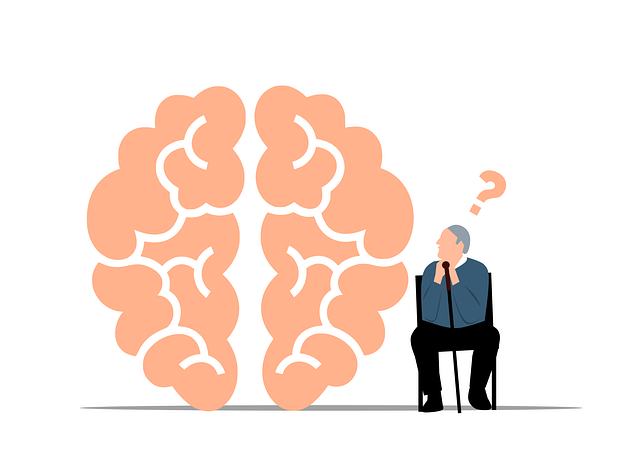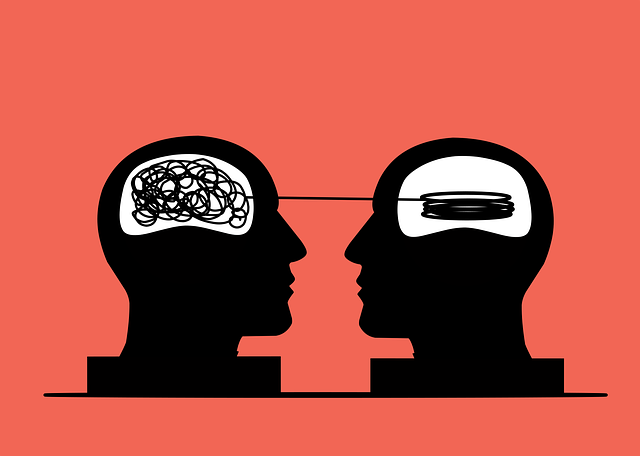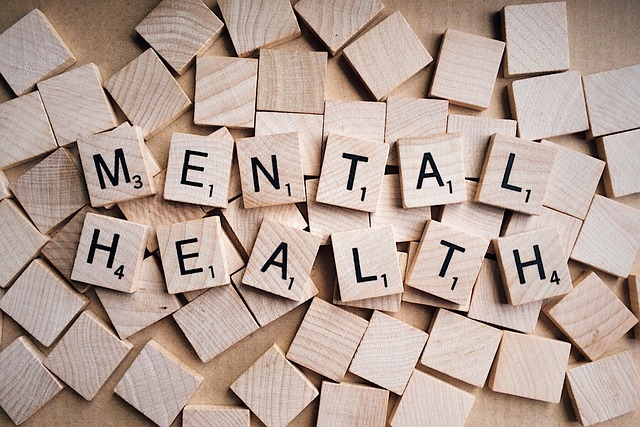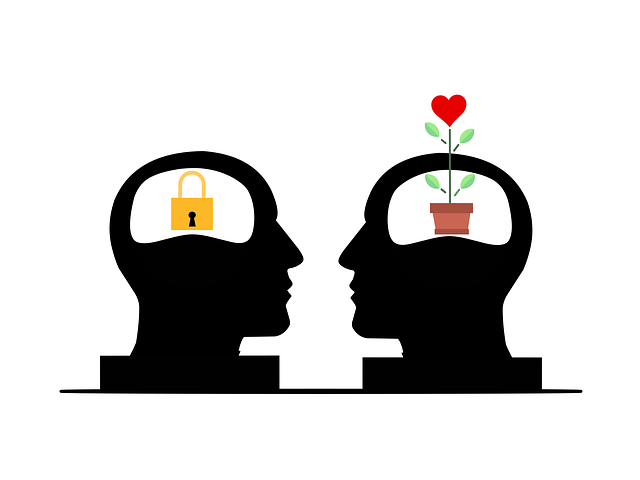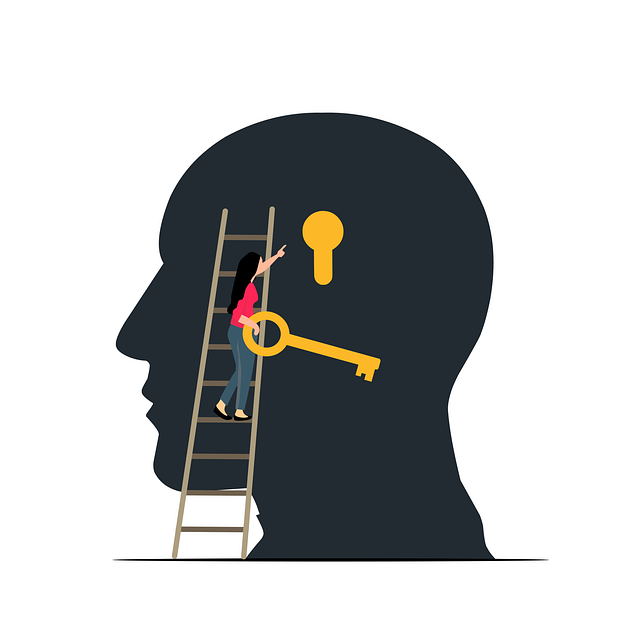Denver Self-Esteem Therapy is a comprehensive approach to enhancing well-being by addressing social skills development. Targeting anxiety and depression, this therapy integrates role-playing and group therapy to build confidence and emotional regulation strategies. The focus on communication and interpersonal relationships through tailored techniques empowers individuals to manage mental health while fostering meaningful connections, ultimately improving overall well-being.
Social skills training is a powerful tool in managing mental health conditions, offering a holistic approach to recovery. This article explores the intricate link between social interactions and mental well-being, focusing on Denver Self-Esteem Therapy as a transformative method. We delve into strategies that enhance communication, foster meaningful connections, and build resilience through supportive social networks. By understanding these aspects, individuals can navigate their journey towards better mental health with increased confidence and improved social competence.
- Understanding the Connection Between Social Skills and Mental Health
- The Role of Denver Self-Esteem Therapy in Building Social Competence
- Strategies for Improving Communication and Interpersonal Relationships
- Nurturing Supportive Social Networks: A Key Component of Recovery
Understanding the Connection Between Social Skills and Mental Health

Social skills are integral to our overall well-being, and their connection to mental health is profound. Many mental health conditions can impact an individual’s ability to interact socially, leading to feelings of isolation and further exacerbating symptoms. For instance, individuals struggling with anxiety or depression may find social situations challenging, which can result in avoidance behaviors and a decline in social connections. This withdrawal from social engagement can contribute to a cycle of negative emotions and potentially worsen mental health outcomes.
In Denver Self-Esteem Therapy, we recognize that fostering social skills is a powerful tool for enhancing mental health. Confidence boosting techniques and inner strength development strategies often involve learning and practicing essential social interaction skills. By participating in role-playing exercises and group therapy sessions, clients can improve their communication, assertiveness, and emotional regulation, which are key aspects of navigating social environments with confidence. These self-care practices not only empower individuals to manage their mental health effectively but also enable them to build and maintain meaningful relationships, ultimately contributing to improved overall well-being.
The Role of Denver Self-Esteem Therapy in Building Social Competence

Denver Self-Esteem Therapy plays a pivotal role in fostering social competence among individuals grappling with mental health conditions. By focusing on boosting self-esteem and self-awareness, this therapeutic approach equips clients with essential tools to navigate social interactions more effectively. Through tailored exercises and strategies, therapists help participants challenge negative thought patterns, build resilience, and improve communication skills—all crucial components of enhancing social engagement.
The integration of Denver Self-Esteem Therapy into mental health treatment plans offers a holistic solution, addressing not just symptoms but also the underlying barriers to social connection. This approach is particularly beneficial for professionals conducting risk assessments, as it provides a structured framework for evaluating and improving an individual’s ability to interact positively in various settings. Moreover, by participating in stress management workshops and organization-led initiatives, individuals can learn coping mechanisms that contribute to better social outcomes and overall well-being.
Strategies for Improving Communication and Interpersonal Relationships

Improving communication and interpersonal relationships is a significant aspect of social skills training, particularly for individuals managing mental health conditions. At Denver Self-Esteem Therapy, we emphasize the importance of developing effective communication strategies to foster meaningful connections and enhance overall well-being. Through various therapeutic techniques, clients learn to express their thoughts and feelings clearly and assertively, promoting healthier interactions with others.
This journey often involves cultivating coping skills that enable individuals to navigate social situations with confidence and resilience. By building inner strength and a deeper understanding of themselves, clients can better manage stress and anxiety in social settings, leading to more fulfilling relationships. Our approach focuses on practical communication strategies tailored to each individual’s needs, ensuring they gain the tools necessary for successful social engagement and improved mental health outcomes.
Nurturing Supportive Social Networks: A Key Component of Recovery

Building and nurturing supportive social networks is a vital component of recovery for individuals managing mental health conditions. In Denver Self-Esteem Therapy, this aspect often takes center stage as it’s recognized as a powerful tool to enhance mood management and promote overall emotional well-being. Social connections provide a sense of belonging, offer valuable peer support, and help challenge negative thought patterns.
Through various therapeutic interventions, individuals learn effective communication strategies that enable them to build and maintain meaningful relationships. This includes recognizing social cues, practicing active listening, expressing oneself assertively, and managing conflict constructively. These skills not only foster deeper connections but also provide a safe space for emotional expression and validation, ultimately contributing to improved mental health and enhanced quality of life.
Social skills training, as exemplified by Denver Self-Esteem Therapy, plays a pivotal role in enhancing mental health and fostering recovery. By focusing on communication, interpersonal relationships, and supportive social networks, individuals with mental health conditions can navigate social situations more effectively, boost their self-esteem, and improve overall well-being. These strategies are essential tools for personal growth and reintegrating into society.
